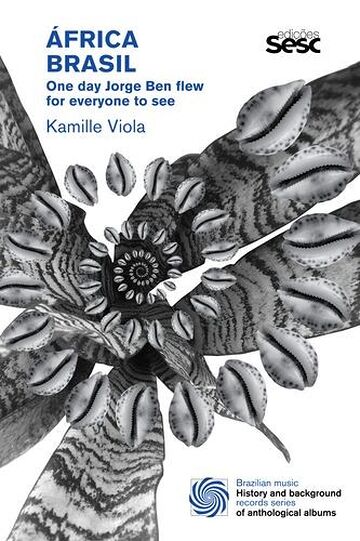-
FormatoEbook
-
EstadoNuevo
-
Isbn9786586111361
-
Peso13.1 MB
-
Número de páginas172
-
Año de edición2021
-
IdiomaInglés
-
FormatoEPUB
-
ProtecciónDRM
-
ReferenciaBKW72578

